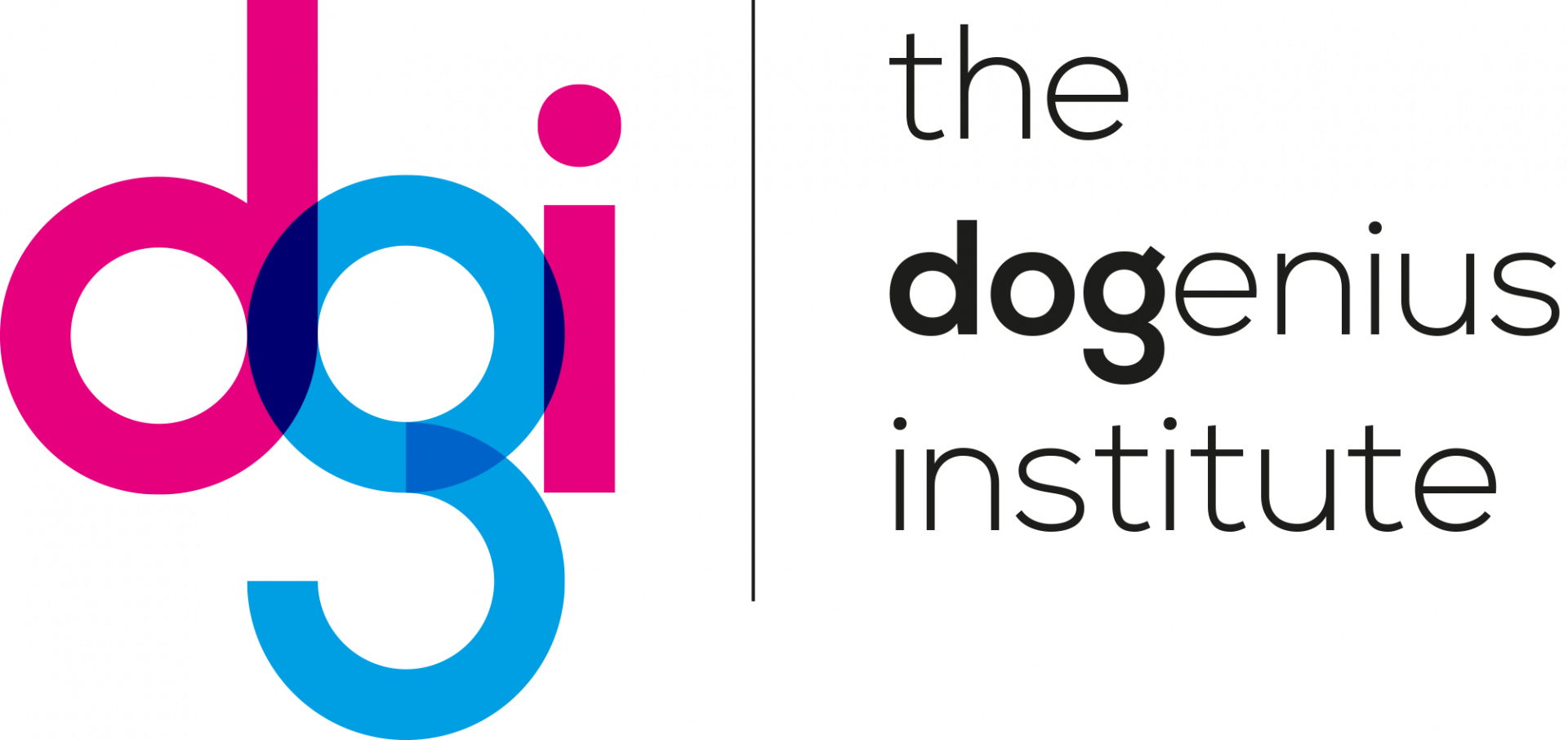For as long as people have lived alongside horses, we’ve relied on them. They carried us, worked our fields, went to war with us, and entertained us in sport. The horse has shaped our history and even our imaginations. But in recent decades the way we think about horses has begun to shift. They are no longer simply “beasts of burden” or pieces of sporting equipment. More and more, they are recognised as sentient partners who deserve respect, care, and ethical treatment.
This raises an important question: what does it really mean to work ethically with horses today? And how can people in the equine world make sure that their practice is not just effective, but also responsible and humane?
The study of human–animal relationships, anthrozoology, gives us some clues. Horses were once tools of survival or symbols of wealth and power. Now they are companions, athletes, and sometimes even therapists. That change in role comes with new responsibilities. It’s no longer enough to ask “does this method work?” We also have to ask “is this right for the horse?”
They are beings with their own needs, preferences and vulnerabilities. Ethical equine practice is not just about good technique – it’s about compassion and justice.
Across the equestrian world, conversations about welfare and ethics are growing louder. Training methods once considered standard are questioned. Competition rules are updated as research reveals new welfare concerns. Even basic management decisions about turnout, diet, or social contact now demand ethical as well as practical consideration. Tradition is no longer enough. If we want to move forward, decisions must be grounded in both welfare science and ethical reasoning.
This is the gap the new Level 4 Certificate in Ethical Equine Practice is designed to fill. Launching in October 2025, it is an Ofqual-regulated qualification, created to help learners explore the realities of ethical equine care in depth. The aim is not to provide a single “correct” answer to every dilemma, but to give students the tools to reflect, analyse, and make thoughtful decisions in complex situations.
The course has clear objectives. Learners will gain a solid understanding of ethical frameworks, apply welfare science to real-world scenarios, and learn how to analyse dilemmas with confidence. Anthrozoological perspectives are woven throughout, encouraging students to reflect on the horse–human relationship as well as their own values. The outcome is a set of reflective skills that can support ethical practice for the long term.
Who is the course for? It’s open to a wide range of people. Horse owners who want to deepen their understanding, trainers who want to demonstrate their commitment to welfare, equine-assisted service providers, welfare advocates, charity staff, and students or early-career professionals can all benefit. What matters most is a commitment to learning and to the wellbeing of horses.
What sets this qualification apart is its combination of philosophy, welfare science, and anthrozoology. Ethics here isn’t treated as a list of rules to memorise. It’s about learning how to think differently, to ask not only “how do I do this?” but “why should I do it this way?” That shift in mindset is powerful. It means being able to consider not just the immediate problem – a horse refusing to load into a trailer, for instance – but the deeper questions of autonomy, trust, and fear. It means balancing the demands of performance with the long-term wellbeing of the animal.
The equestrian world is moving towards this kind of thinking already. Clients expect it, welfare science supports it, and our responsibility to horses demands it. As philosophers remind us, how we treat animals reflects back on our own moral character. Horses, in their beauty and vulnerability, ask us to be better.
The Level 4 Certificate in Ethical Equine Practice is more than a course. It’s an invitation to be part of this cultural shift – to embed ethics in everyday decisions, to champion welfare, and to help shape the future of equine care.
Enrolment opens in October 2025. If you’d like to be among the first to receive updates and early access, you can join the waitlist now.
The horse–human story is changing. The next chapter will be written in the language of ethics. Will you be part of it?
